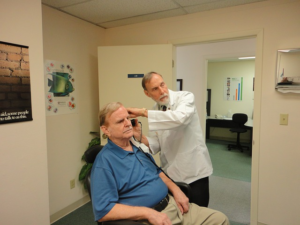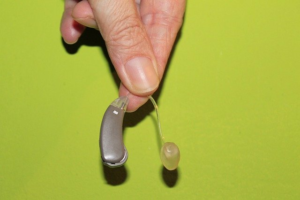FDA’s OTC hearing aid proposal exposes industry, stakeholder rifts – MedTech Dive
Feedback about FDA’s proposed creation of an over-the-counter hearing aid category has exposed rifts in the audiology sector. Manufacturers, backed by either professional bodies or lawmakers, are lining up on opposite sides of a debate about fundamental aspects of the agency’s proposal.
In 2017, lawmakers directed FDA to create a new category for OTC hearing aids for use by adults with perceived mild-to-moderate hearing loss. FDA fo…….
Feedback about FDA’s proposed creation of an over-the-counter hearing aid category has exposed rifts in the audiology sector. Manufacturers, backed by either professional bodies or lawmakers, are lining up on opposite sides of a debate about fundamental aspects of the agency’s proposal.
In 2017, lawmakers directed FDA to create a new category for OTC hearing aids for use by adults with perceived mild-to-moderate hearing loss. FDA followed up in October 2021 with the publication of a proposed rule about the establishment of an OTC hearing aids category. The proposal set the stage for the sale of hearing aids directly to consumers in stores or online without a medical exam or a fitting by an audiologist, while maintaining the prescription-only status of aids for minors and severe hearing loss.
FDA has received more than 1,000 comments on the proposal, many of them from individuals who filed near-identical submissions detailing concerns about the proposed maximum decibel (dB) sound pressure level. The proposed amplification limit of 120 dB is above the output limit of 110 dB suggested by groups including the Academy of Doctors of Audiology (ADA).
The agency justified its proposed 120 dB amplification limit by requiring devices to have input-controlled compression and a user-adjustable volume control. As FDA sees it, the features mean users would have “ample time to take appropriate action to mitigate unacceptably high sound levels,” for example by lowering the volume, removing the device or moving to a quieter environment. The American Academy of Audiology (AAA) found fault with FDA’s plan.
“Copious evidence related to noise induced hearing loss indicates that individuals do not know when sound is potentially harmful and do not take action to …….
Source: https://www.medtechdive.com/news/fda-otc-hearing-aid-proposal-stakeholder-rifts/617926/







